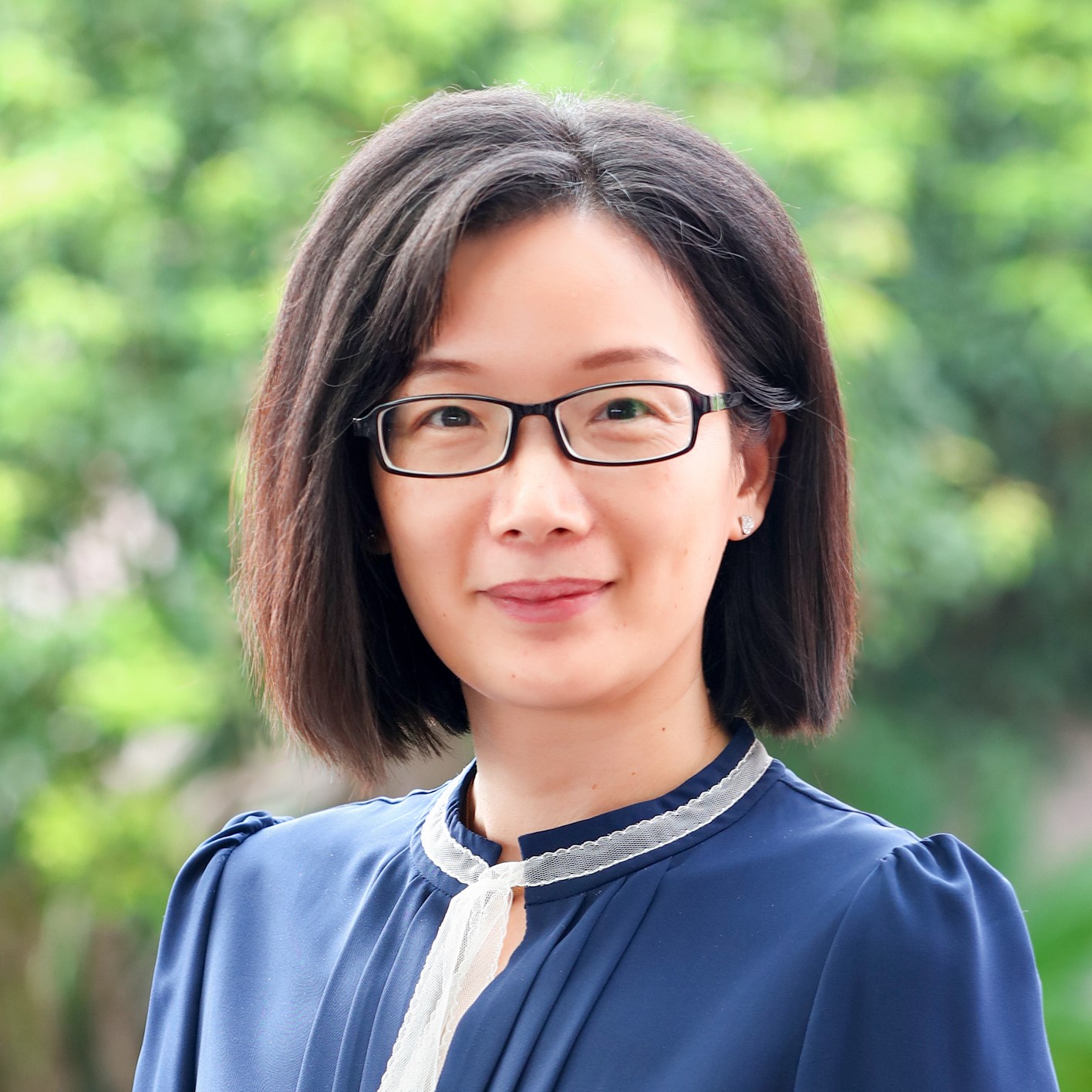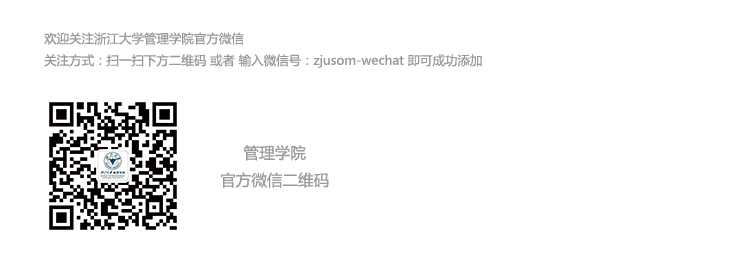Can Social Contacts Mitigate Loan Delinquency? A Field Experiment
时 间:2019年5月27日(周一) 下午14:00 – 15:30
地 点:浙江大学紫金港校区行政楼1004会议室
主讲人:卢向华 教授, 复旦大学
主持人:陈熹 教授,浙江大学管理学院
Online peer-to-peer (P2P) lending platforms have experienced rapid growth worldwide, enabling access to collateral-free, low-cost microloans in regions and customer segments that are underserved by formal credit systems and banking services. A key challenge in providing online P2P microloans is the cost of collecting delinquent loans. We study whether and how a platform can utilize social sanctions in regulating repayment behavior. In collaboration with a large online P2P lending platform, we conduct a randomized field experiment to investigate the effect of social sanctions casted by different contact groups (core-social circle vs peripheral-social circle). We demonstrate that notifying the social contacts of a delinquent regarding an overdue payment can significantly improve the repayment rate. On average, notification-triggered social sanctions reduce the default rate by 50% compared with the control group, in which notifications are sent only to the respective delinquent himself or herself. Further, our findings suggest that peripheral-circle notifications are effective only in the short term and that effectiveness decreases with repeated use. By contrast, core-circle notifications exert a lasting effect.
报告人简介:

卢向华,复旦大学,管理学院信息管理与信息系统系,教授,国家自然基金优秀青年基金项目获得者。卢向华博士的研究方向是互联网用户的在线行为量化实证分析及运营机制设计,通过大数据分析与实地实验等方法研究用户个人层面的行为偏好与规律,测度用户对不同市场干预机制或政策的响应效果。她在国内外高水平期刊上发表学术论文30余篇,包括Management Science, Information Systems Research, Journal of Marketing, Marketing science, Journal of MIS等。她目前已经作为负责人主持了5项国家自然基金项目,并独立了完成了上海市哲学社科、上海市教育发展基金会晨光计划等多项研究课题,负责完成了多项政府与企业横向咨询课题。
欢迎广大师生前来参加!



